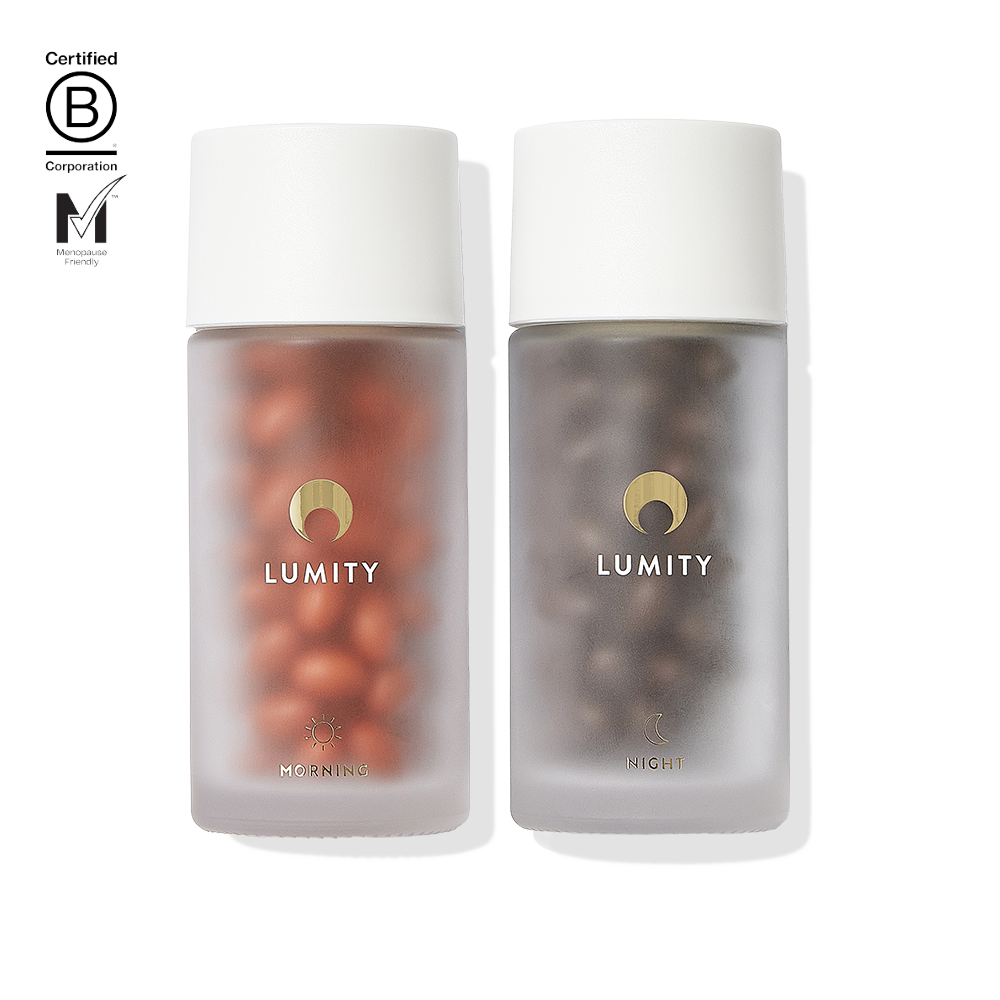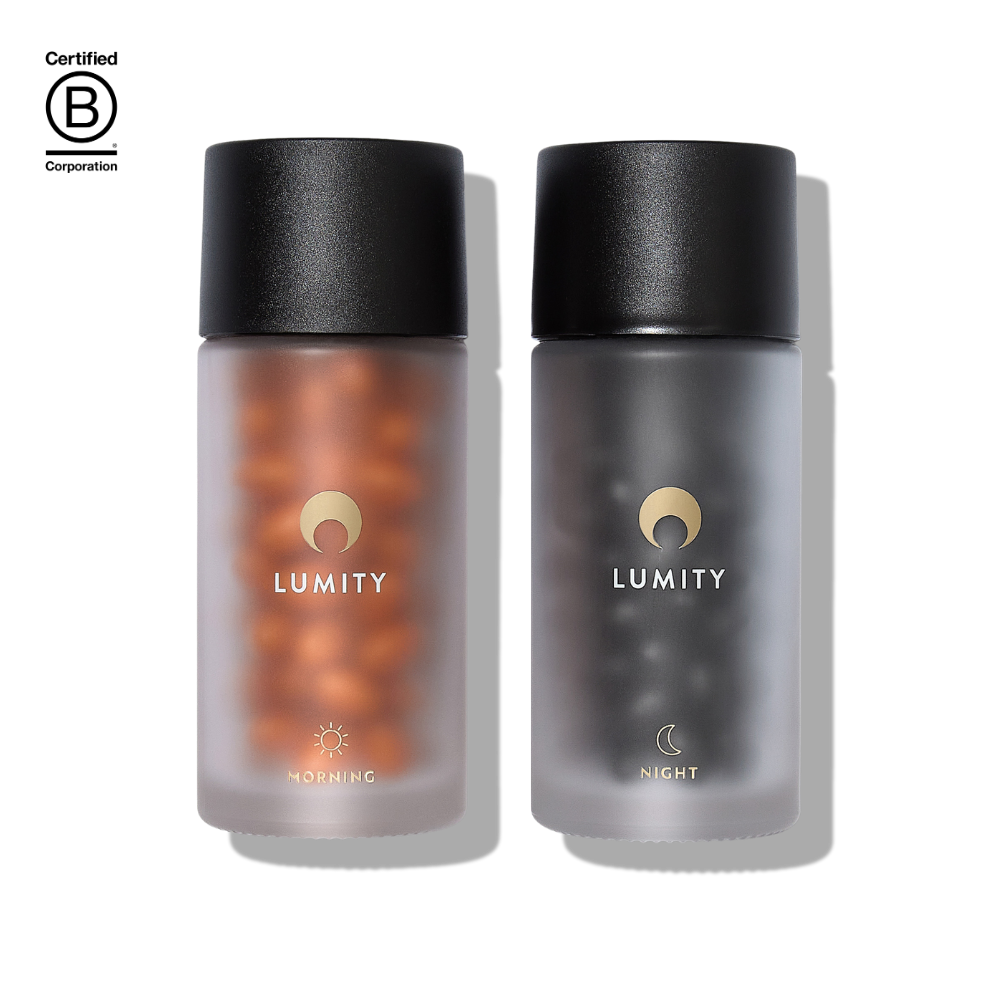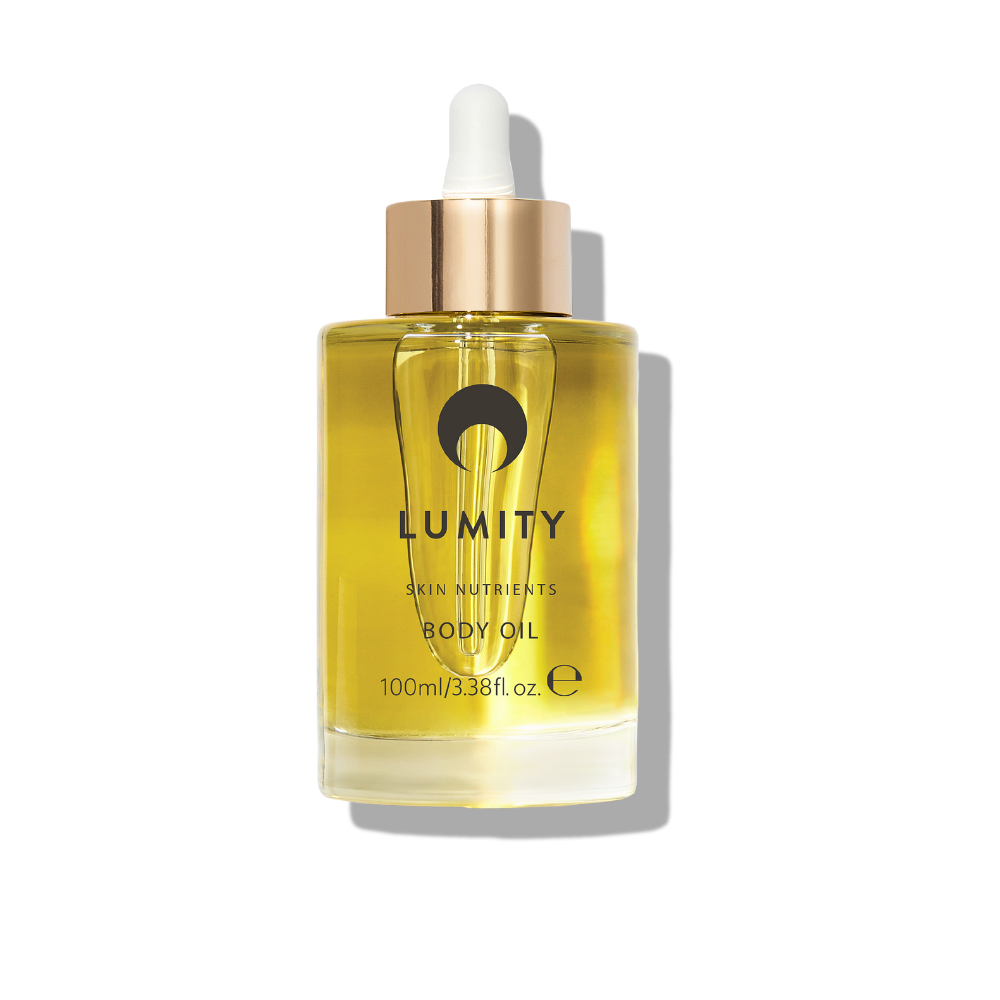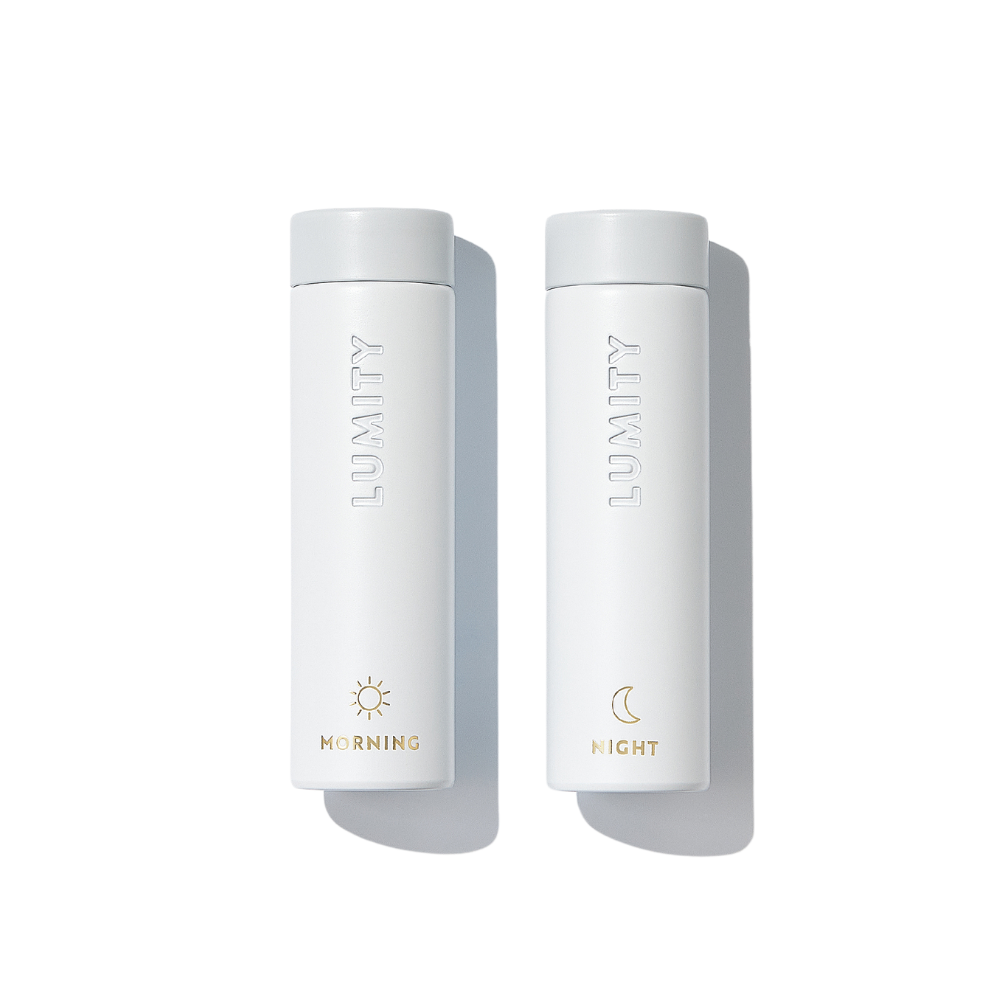
What is a Nutrient Deficiency?
At its core, a nutrient deficiency occurs when your body isn’t receiving enough of the vitamins, minerals, or other essential compounds it needs to function properly. This can stem from several factors: a poor diet, digestive issues, certain medical conditions, or even stress. Over time, the lack of essential nutrients can impair bodily functions, leading to both visible and invisible health consequences. While some nutrient deficiencies are easy to identify, others might go unnoticed for years – the best approach is to take charge of your nutrition before a deficiency starts.
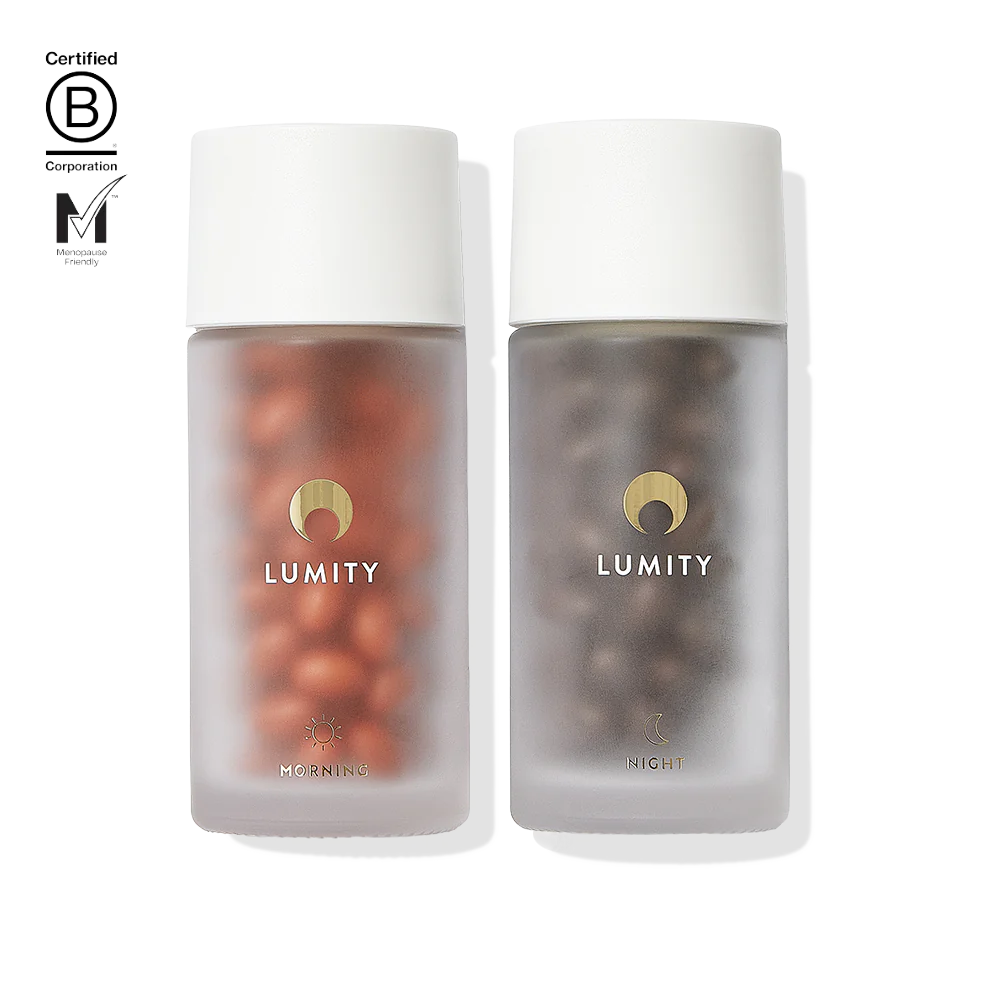
4 Common Nutrient Deficiencies
Though the list of essential nutrients is extensive, there are a few that are commonly lacking in modern diets. Let's explore some of the key offenders:
Vitamin D: The Sunshine Vitamin
The Sign: Persistent fatigue, low mood, muscle weakness, and even bone pain are often linked to a lack of Vitamin D. If you find yourself feeling perpetually sluggish, especially during the colder months when sun exposure is limited, you may be experiencing a deficiency.
Why It Happens: Vitamin D is crucial in maintaining healthy bones and immune function, but it's notoriously difficult to get enough from food alone. Most people rely on sun exposure for Vitamin D synthesis, and with modern lifestyles keeping us indoors, it’s no surprise that deficiencies are on the rise.
How to Fix It: A daily dose of sunlight is ideal, but if that’s not feasible, a supplement of 1,000 to 2,000 IU of Vitamin D can help restore balance. Foods like fortified milk, fatty fish, and egg yolks are also great sources.
Recent studies, including a 2023 review published in The Journal of Clinical Endocrinology & Metabolism, have shown that Vitamin D plays a crucial role in immune health, making its deficiency all the more concerning amid global health crises.
Iron: The Vital Mineral
The Sign: Pale skin, brittle nails, dizziness, and constant tiredness are often the red flags of iron deficiency. If you’re regularly feeling weak or short of breath, you may not be getting enough iron.
Why It Happens: Iron is essential for the production of hemoglobin, which carries oxygen through the blood. Deficiency is common, especially among women of reproductive age due to menstruation, and vegetarians or vegans who may not consume enough iron-rich animal products.
How to Fix It: Iron-rich foods include red meat, spinach, lentils, and fortified cereals. If you are not a meat-eater, consider combining plant-based sources of iron with Vitamin C-rich foods (like oranges or bell peppers) to enhance absorption. If you struggle to raise your iron levels through food alone, an iron supplement may be necessary under the guidance of your doctor.
A 2022 study in The Lancet found that iron supplementation could significantly improve cognitive function and mood, particularly in populations with low iron levels.
Magnesium: The Relaxation Mineral
The Sign: Muscle cramps, restless legs, anxiety, and trouble sleeping may indicate a magnesium deficiency. Magnesium is a key mineral for muscle function and relaxation, so when levels dip too low, you may find yourself struggling to unwind.
Why It Happens: Stress, alcohol consumption, and a diet low in leafy greens and whole grains can contribute to magnesium depletion. In fact, a 2018 study published in Frontiers in Physiology found that over 50% of Americans are magnesium-deficient, primarily due to poor dietary habits.
How to Fix It: Magnesium is abundant in foods such as almonds, spinach, and avocados. Magnesium supplements, particularly in the form of magnesium citrate or glycinate, are also commonly recommended for deficiency.
Vitamin B12: The Energy Booster
The Sign: Fatigue, brain fog, memory issues, and even depression can be early signs of a Vitamin B12 deficiency. If you find it increasingly hard to concentrate or feel mentally drained, your body may be telling you it’s lacking this crucial vitamin.
Why It Happens: Vitamin B12 is primarily found in animal products, making vegans and vegetarians particularly susceptible. B12 is vital for nerve function and red blood cell production, so its absence can take a toll on both your physical and mental health.
How to Fix It: If you follow a plant-based diet, consider taking a B12 supplement or eating fortified foods like plant-based milk or breakfast cereals. If you eat animal products, ensure you’re consuming adequate amounts of meat, fish, eggs, or dairy.
A study published in The American Journal of Clinical Nutrition in 2021 confirmed that Vitamin B12 deficiency can be linked to mood disorders and cognitive decline, especially in older adults.

Subtle Signs You’re Lacking in Nutrients
While the signs mentioned above are the more obvious indicators, nutrient deficiencies can also manifest in more subtle ways. For instance:
Dry skin, hair loss, and brittle nails can point to a lack of essential fatty acids or biotin.
Frequent infections or colds may indicate a weakened immune system due to insufficient Vitamin C or zinc.
Irregular heartbeat or feelings of dizziness could suggest magnesium or potassium deficiencies.
It’s essential to listen to your body and consult with a healthcare professional if you notice these symptoms persisting.

Nutrient Deficiency and Morning & Night
Addressing nutrient deficiencies requires a multifaceted approach – consult your doctor, amend your diet and reach for a supplement designed to support whole body health. Our biologist-developed Morning & Night supplement contains a proprietary blend of 28 Vitamins, Minerals, Amino Acids, Adaptogens and Omega 3s to improve the way you look and feel.
